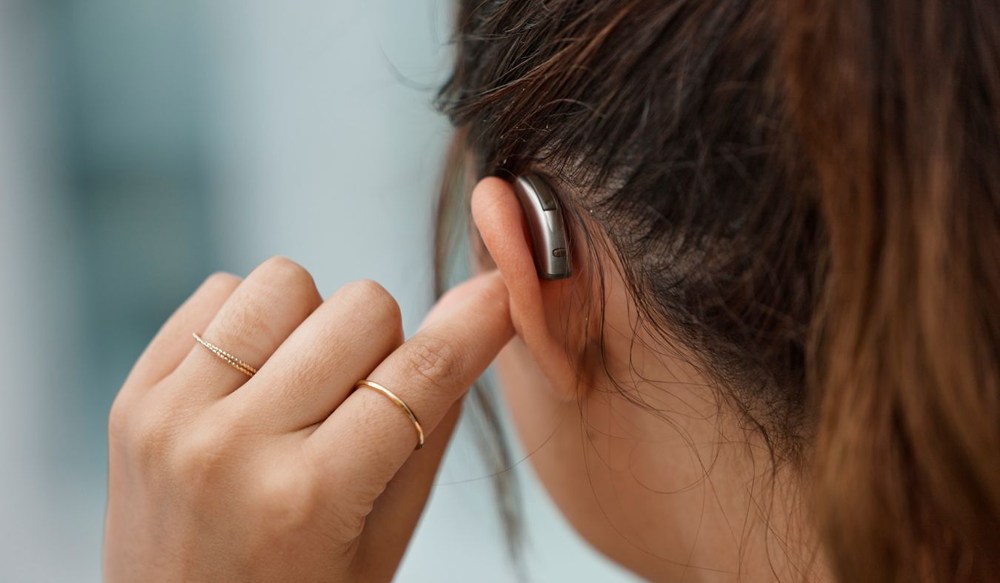How to Clean and Maintain Your Hearing Aids Properly
Keeping your hearing aids clean and well maintained is essential for


Keeping your hearing aids clean and well maintained is essential for

Many people are surprised to learn that allergies can affect hearing.

Getting a hearing test is an important step toward understanding your